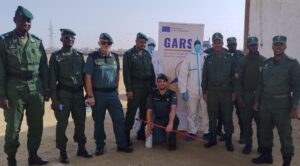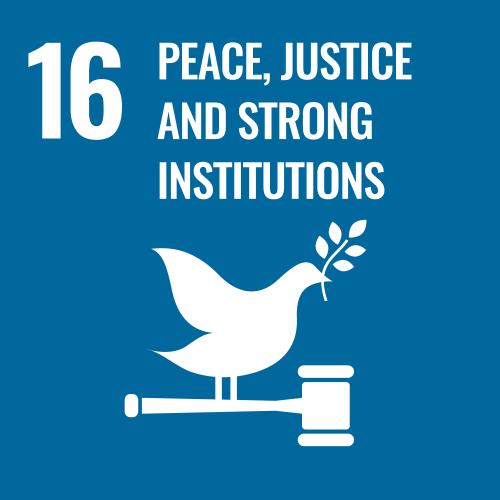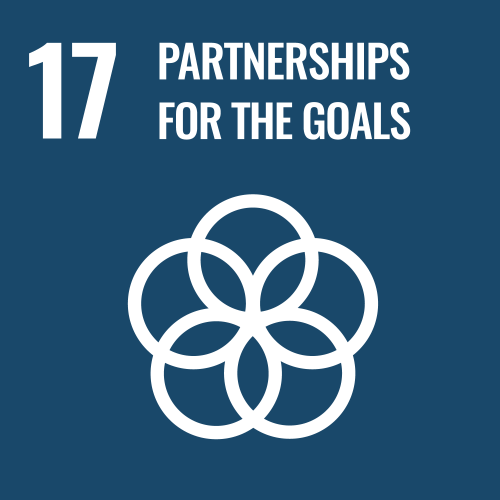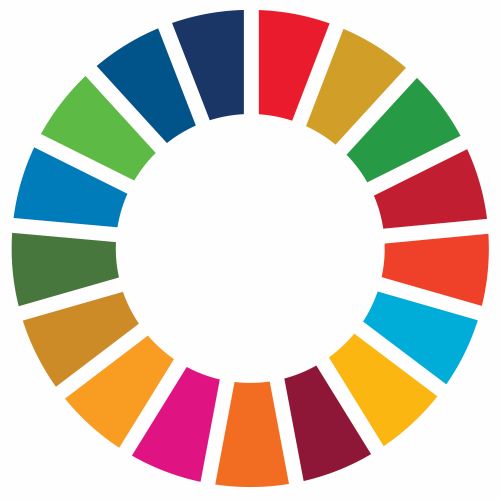
03/10/2025
Mauritania creates a new GARSI unit specialising in environmental protection with the support of the Civil Guard's SEPRONA.
Mauritania currently faces significant security challenges due to the threat of incursions by terrorist organisations. The long border (more than 2,000 km) with Mali poses complex risks, as it is a territory that is very difficult to control with constant deployment. In addition, it is arid, desert terrain with few roads and difficult access, and the area has few logistical facilities. This is the context in which the European GARSI project is working, with the aim of contributing to the country’s security and, therefore, to the development of the populations in the border regions.
Thanks to the work of the project, Mauritania is creating and training a new GARSI (Rapid Action Surveillance and Intervention Groups) unit that will be based in Aleg (Brakna region). As part of the training process for this new unit, two experts from the Civil Guard have provided environmental protection training to 15 Mauritanian gendarmes from the country’s third GARSI unit.
The experts presented the experience of the Spanish Civil Guard’s SEPRONA as a reference model. This example showed how a security force can organise itself and specialise in nature protection, offering ideas for the Mauritanian National Gendarmerie to adapt its structure to the country’s specific environmental problems and available resources. 
With the aim of consolidating a common knowledge base, fundamental concepts of ecology adapted to local conditions have been developed. In addition, the topics covered included definitions of ecology and the environment, the identification of endangered species, international protection figures and examples applied to the national context. The importance of social awareness as an essential tool for conservation was also highlighted, and all sessions were complemented by a practical component, which allowed attendees to reinforce the content through activities applied to their professional reality.
Another focus of the training was explaining the main threats to fauna and flora, with special attention to trafficking in species such as ivory, eels and local species, as well as presenting criminal investigation techniques tailored to the country’s resources. The problem of waste management was also addressed, highlighting the risks that poor management poses to health and the environment. Through practical examples, methodologies were proposed that can be progressively implemented towards a sustainable management system.
Finally, the need to preserve historical heritage was highlighted and the relationship between the environment and human rights was addressed, recalling that many offenders are in fact victims of criminal organisations. The day ended by emphasising the importance of international cooperation as essential support for strengthening the capacities of the Mauritanian Gendarmerie.


